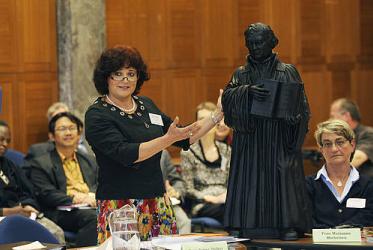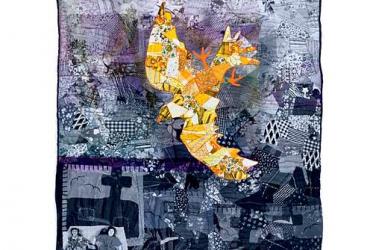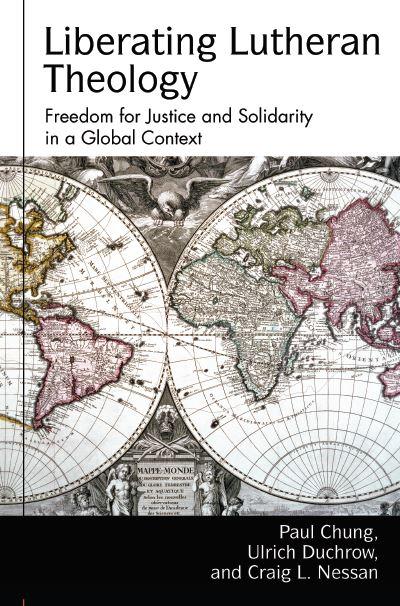Displaying 1321 - 1340 of 1700
21 May 2011
“We cannot be ecumenical by ourselves”
08 April 2011
Diverse implications of world Christianity
07 April 2011
IEPC youth essay contest: five winners
14 March 2011
Scholars study WCC in 1960s and ’70s
09 March 2011
Unity beyond moral dissent
25 February 2011
Central Committee discusses world Christianity’s changing context
17 February 2011
“Stitching Peace” – stories of peace in thread and fabric
10 February 2011
Theological education with migrant churches
17 December 2010
Conference explores global church's responsibility to confront racism
08 September 2010










